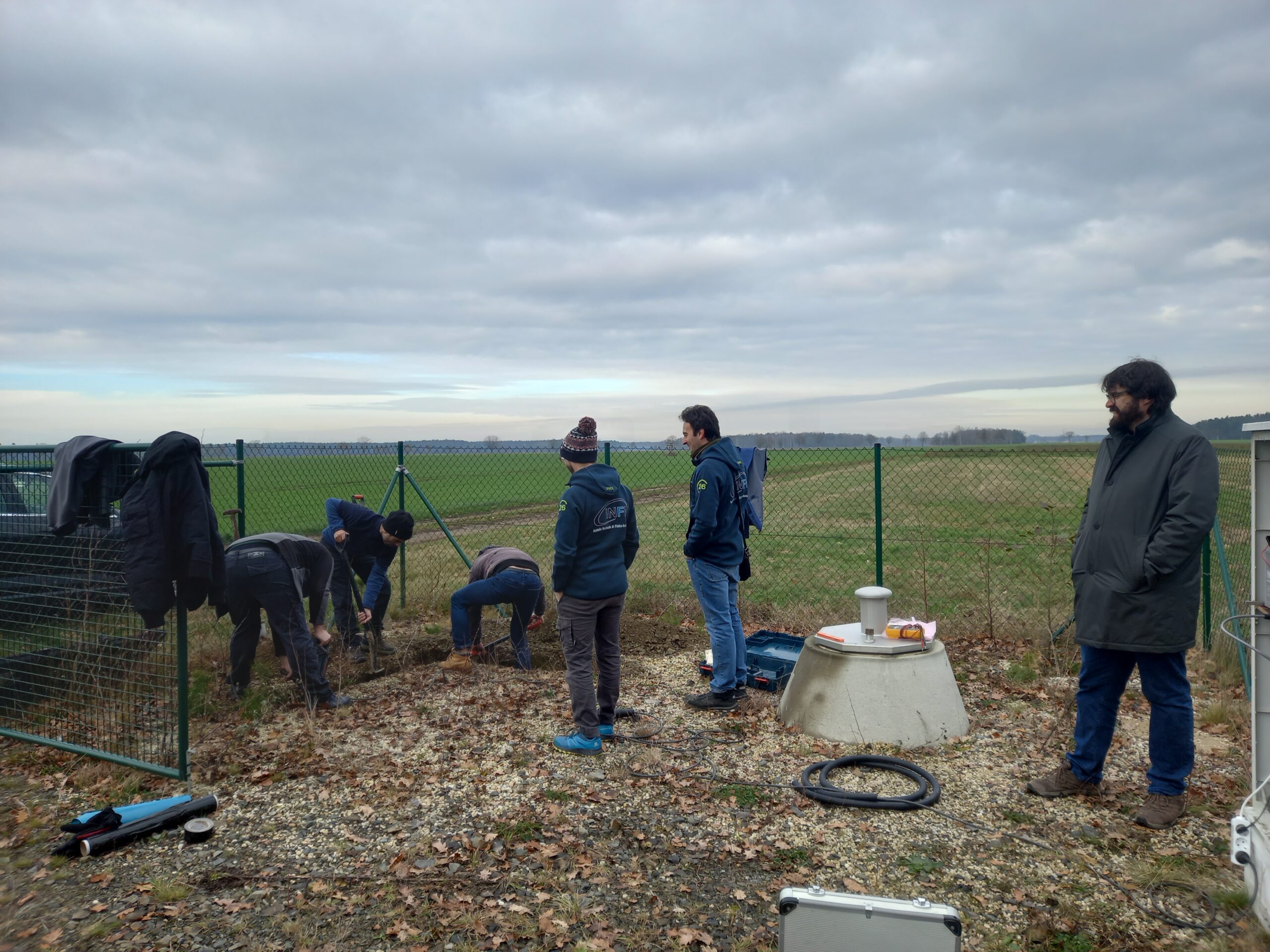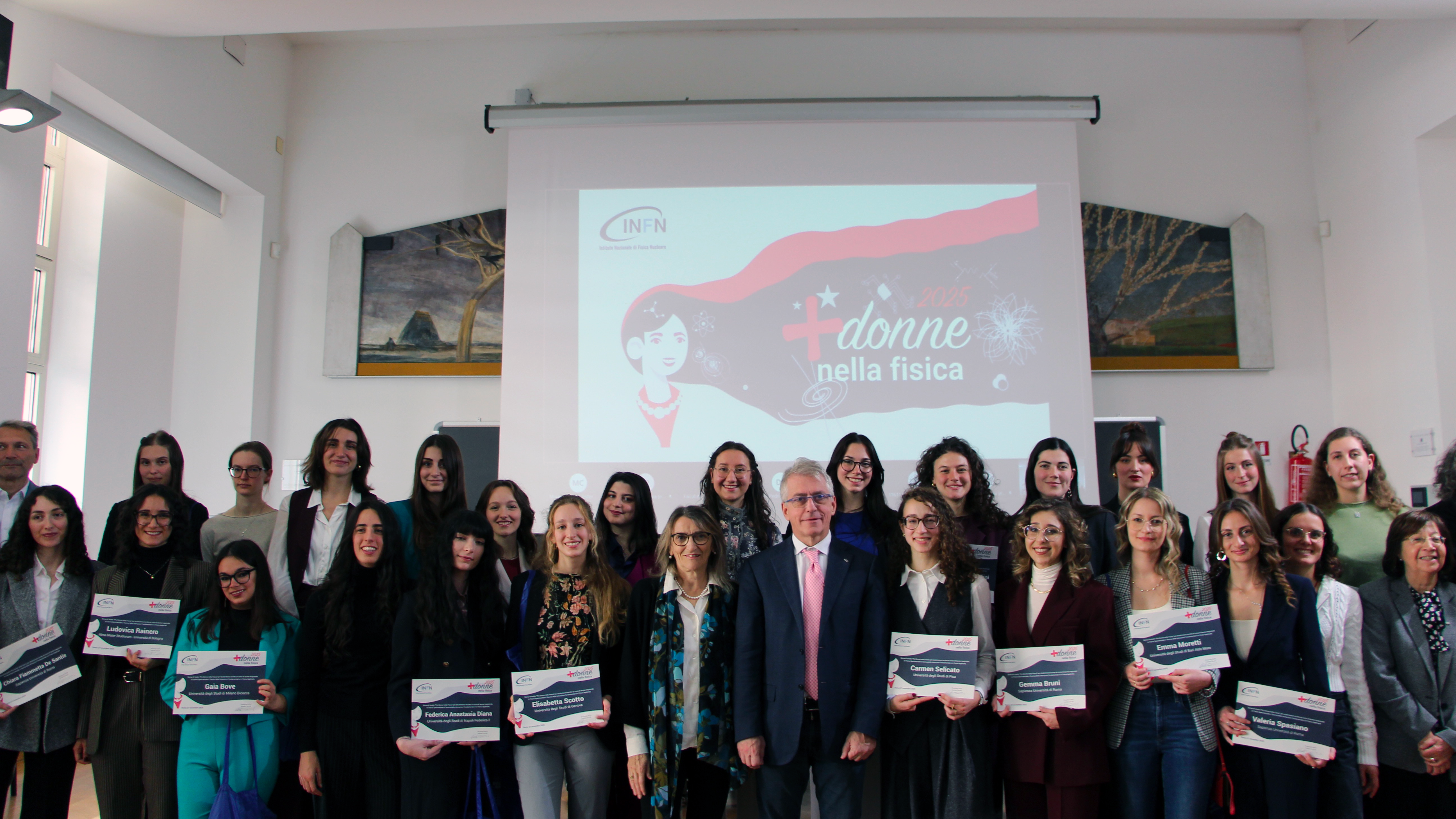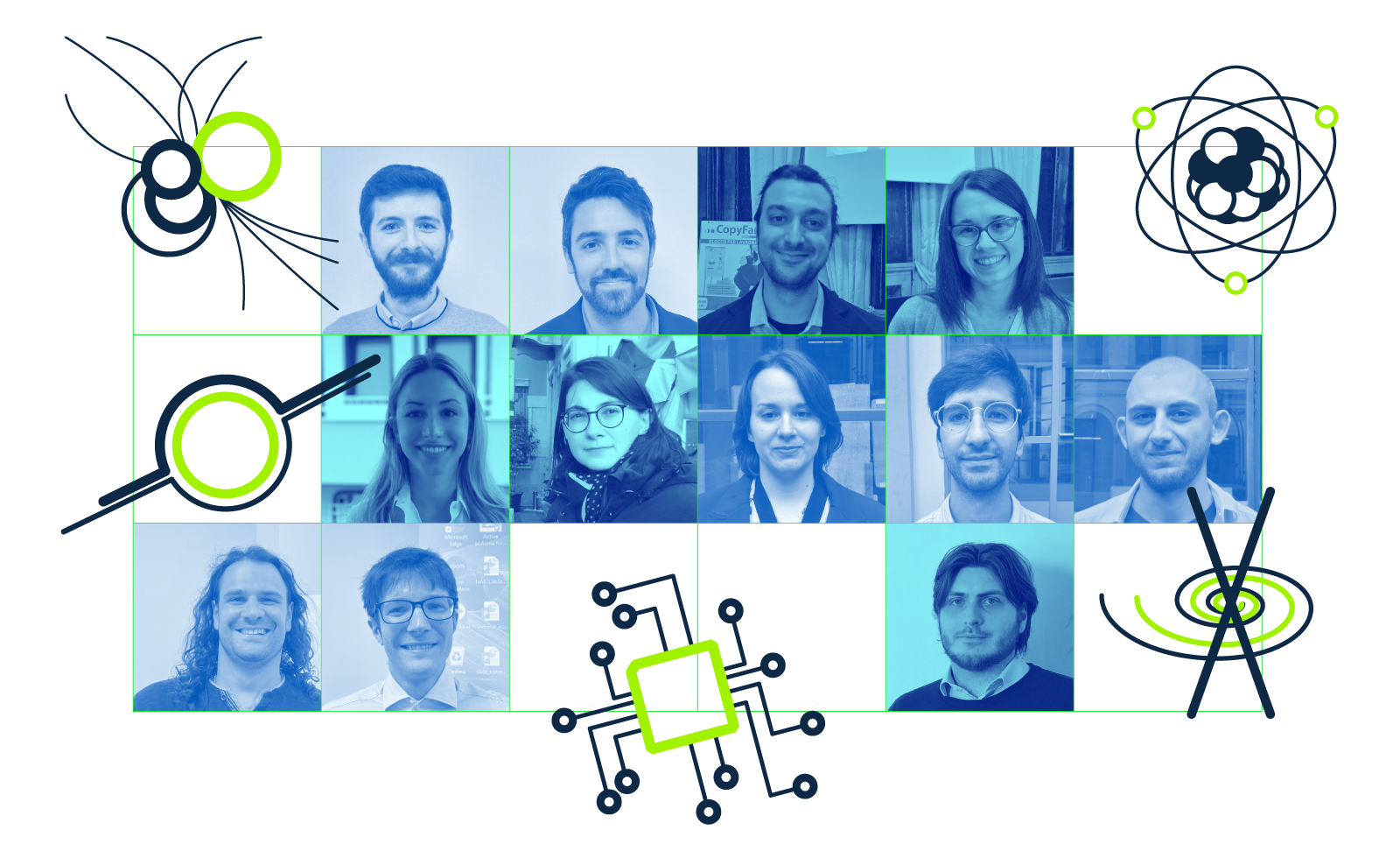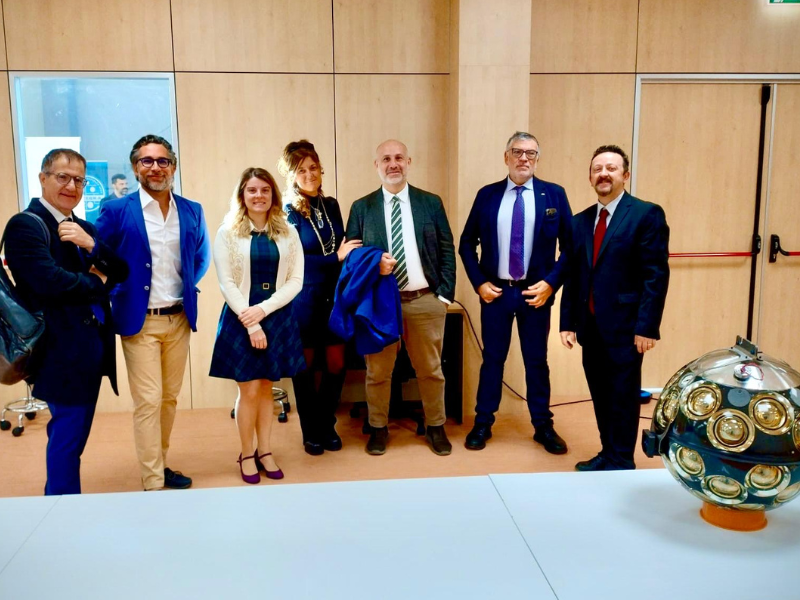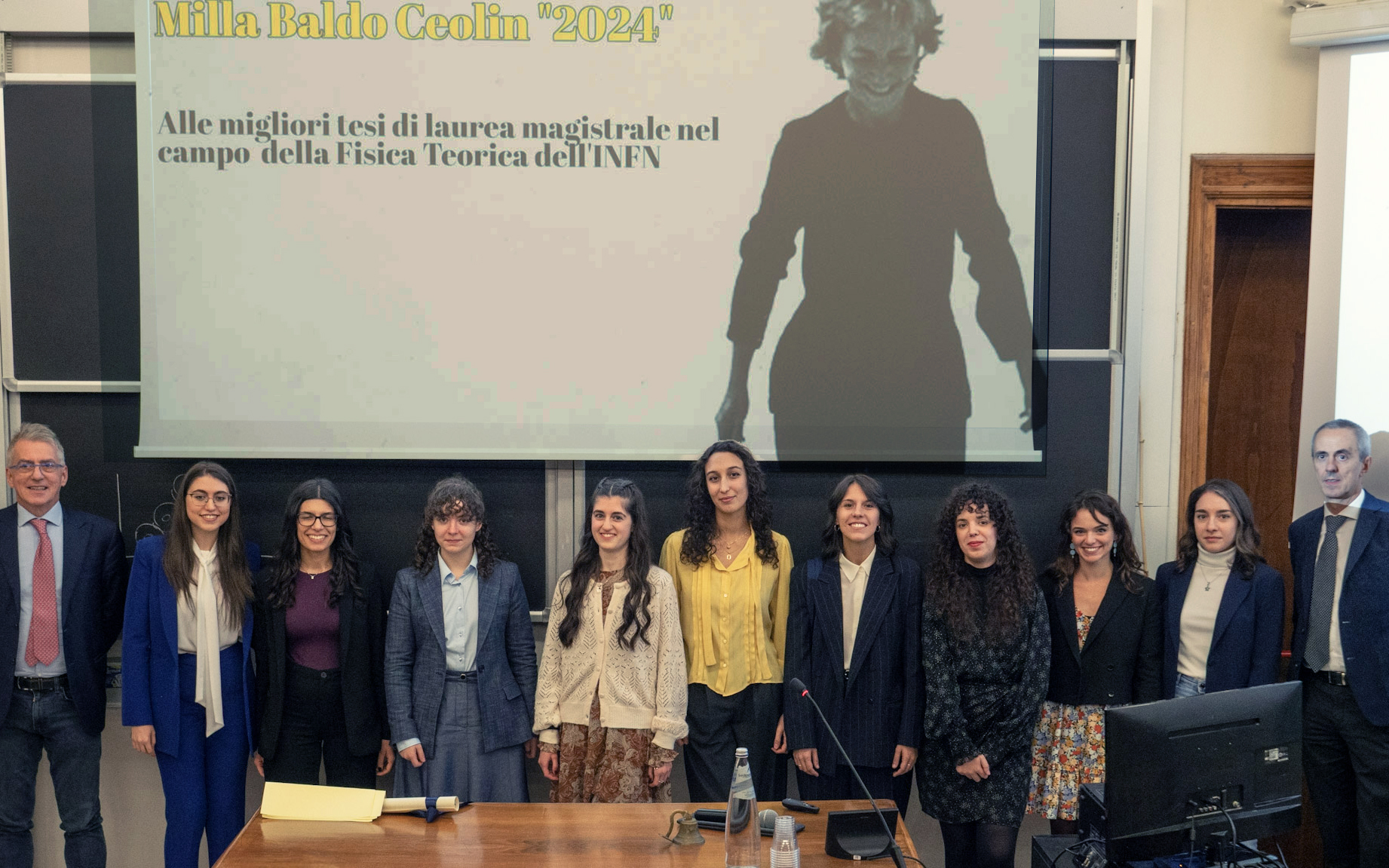 INSIDE (Innovative Solutions for Dosimetry in Hadrontherapy) has been tested for the first time on a patient. This innovative imaging system, which uses particle accelerators, was built by the INFN in Turin to further enhance the efficacy of hadron therapy, used for the treatment of localised tumours. INSIDE, which received a € 1 million grant under the PRIN (Relevant National Interest Projects) program, is the result of a research project coordinated by the University of Pisa in collaboration with the Universities of Turin and Rome “La Sapienza”, Bari Polytechnic University and INFN. For the trial phase, INSIDE was tested on the patient at the Italian National Centre for Oncological Hadron Therapy (CNAO), in Pavia. INSIDE is an innovative monitoring system, which uses detector technology to obtain images of what happens inside the patient’s body during the hadron therapy treatment. In more detail, this bimodal imaging system combines a positron emission tomography (PET) scanner with a tracking system for charged particle imaging and is capable of operating during radiation delivery to treat head and neck tumours.
INSIDE (Innovative Solutions for Dosimetry in Hadrontherapy) has been tested for the first time on a patient. This innovative imaging system, which uses particle accelerators, was built by the INFN in Turin to further enhance the efficacy of hadron therapy, used for the treatment of localised tumours. INSIDE, which received a € 1 million grant under the PRIN (Relevant National Interest Projects) program, is the result of a research project coordinated by the University of Pisa in collaboration with the Universities of Turin and Rome “La Sapienza”, Bari Polytechnic University and INFN. For the trial phase, INSIDE was tested on the patient at the Italian National Centre for Oncological Hadron Therapy (CNAO), in Pavia. INSIDE is an innovative monitoring system, which uses detector technology to obtain images of what happens inside the patient’s body during the hadron therapy treatment. In more detail, this bimodal imaging system combines a positron emission tomography (PET) scanner with a tracking system for charged particle imaging and is capable of operating during radiation delivery to treat head and neck tumours.
